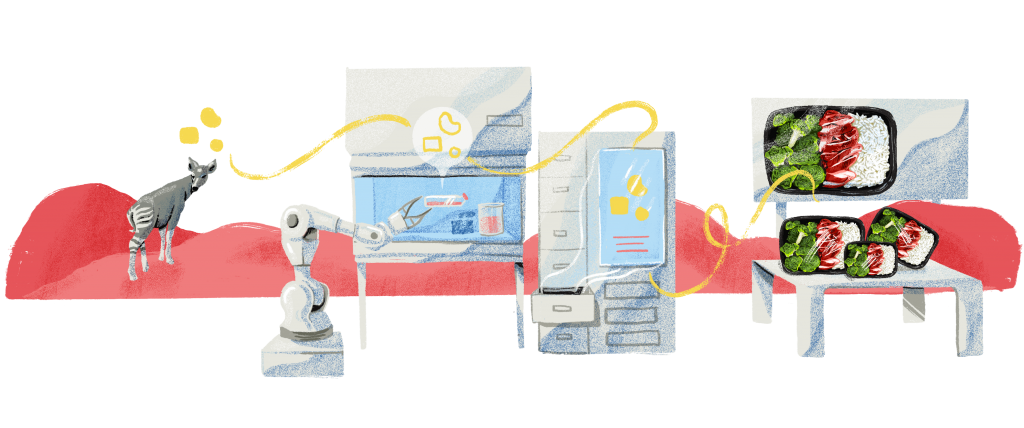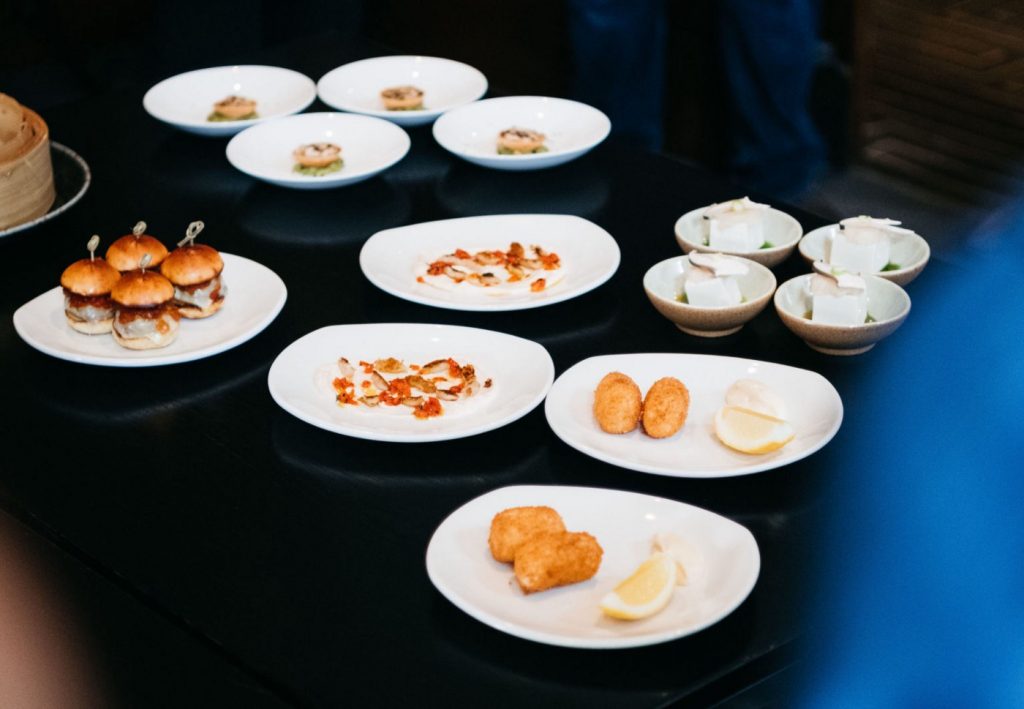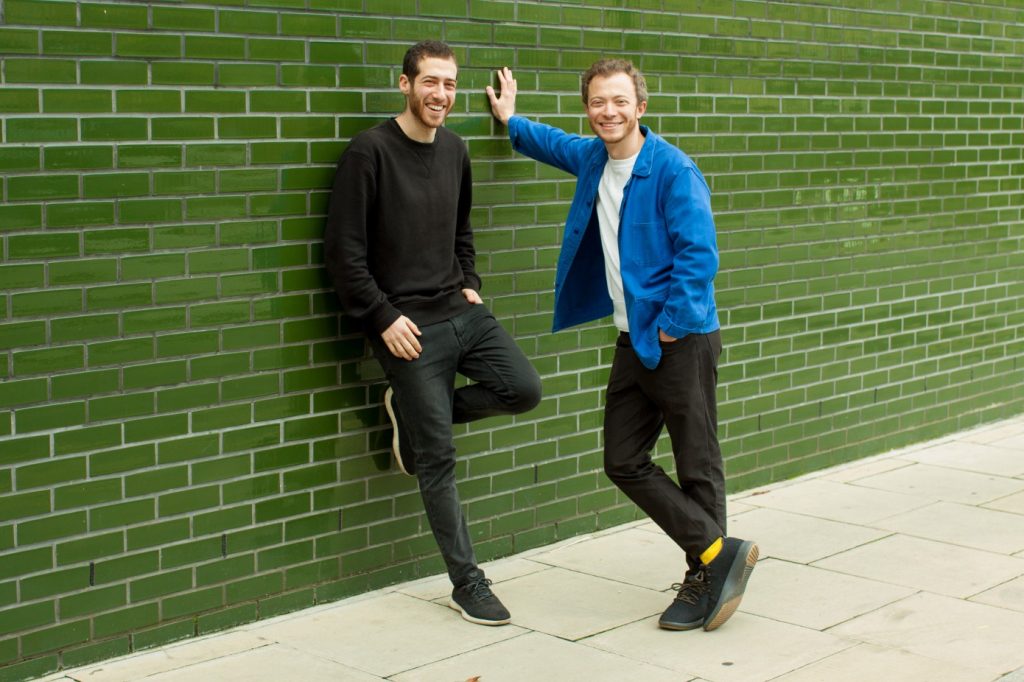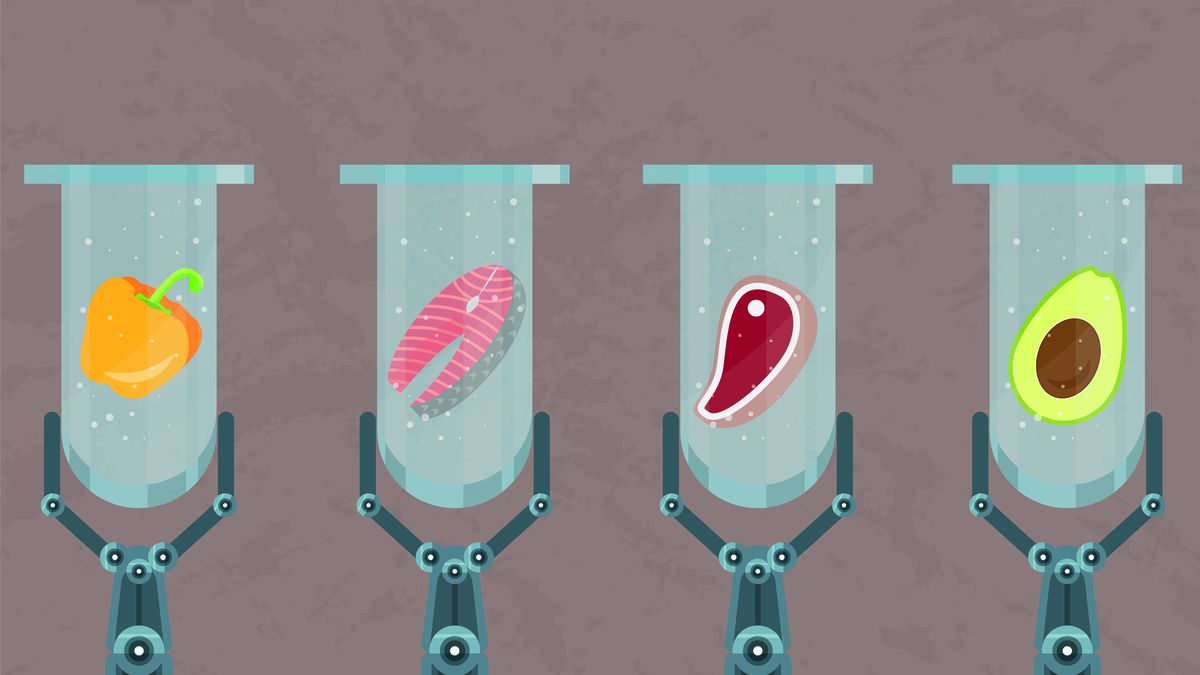The world we live in
The pre-pandemic world of May 2019 might seem like an eon ago but it is less than two years since Beyond Meat went public and kicked off an explosion in the alternative protein market. We’ve since seen a proliferation of start-ups tackling plant-based meat and dairy, as well as a burgeoning cultured meat space.
You could be forgiven for thinking that we are in an overblown alt-protein hype-cycle. However, amongst this noise over the last two years there have been some quiet — but monumental — developments in synthetic biology, which is the technology stack that will underpin a massive revolution in our food and agricultural systems. This overview provides an insight into my vision for what that future might look like.

Getting to know SynBio
But first, what is synthetic biology? ‘SynBio’ refers to the application of engineering and computer science principles to biology, allowing us to use biological systems to manufacture products. In plain English: We can harness the power of living cells to grow food and crops in a factory-like process (i.e., we can grow meat in a lab)! We feed these cells nutrients and grow them in giant bio-reactors in a setup that somewhat resembles a brewery or distillery.
If the current bevy of innovative companies we are seeing today take root, ten years from now, much of our meat will be grown in renewably-powered ‘protein breweries’ distributed across urban centres around the world. These breweries will produce a wide-range of products from the seafood we eat today through to ingredients for creative new hybrid products we can’t even imagine. It has the potential to completely change the way we eat because we can scale to demand, democratising access to foods — from pork and beef to caviar and lobster — that are limited by nature… without wiping out the Beluga!
More than just protein though, breweries will produce other products that currently result in negative environmental externalities. Many of these crops can be grown regeneratively, just not at the scale we demand from them. So the breweries will pick up the slack by mass-producing cotton, cooking oil, butter, sugar, coffee… even chocolate! They will use an order of magnitude less water, land, pesticides, and chemical fertilizer while reducing distances required to move raw ingredients and end-products.
Picking the winners
In this vision of the future, there will still be plenty of work to do on the land. Farms will continue to switch to lower-intensity regenerative grazing, growing organic high-end crops, and rehabilitating the soil. Some land might be rewilded, or dedicated to specific nature-based carbon removal projects. The pressure valve will be released on both farmers and our land, who are currently facing the impossible task of catering to the consumption of an ever-growing global population from a finite amount of arable land, topsoil and nutrients.
And the companies that succeed in this new world? Brand continues to become increasingly important. Selecting and purchasing our protein will be more like buying wine from our favourite grower than picking up a generic steak in the supermarket. Companies and growers that best understand their end-markets and connect with customers will be the big winners.
At ReGen Ventures we back teams of visionary pragmatists who are transforming every aspect of our lives for the better by using regenerative technology. Here are three startups we’ve met that embody these principles and provide some of the most promising glimpses into that future.
Startup: Vow
One of the most interesting evolutions at the intersection of the alt protein boom and synthetic biology comes to us from the boffins at Vow. They’ve taken a first principles approach to meat consumption, asking why we eat the meat that we do. Is it because we decided, of all the thousands of species that coinhabit our planet, that beef and chicken were the best combination of taste and nutrition? No! Our diet is mostly driven by the animals our ancestors found easiest to domesticate thousands of years ago.
So, the team at Vow asked: what if that requirement were taken away? When we are able to produce meat without the need to domesticate and slaughter any animals at all, what would we choose to eat? Which meat represents the optimum combination of nutrition and taste? What if you were able to combine different types of meat, say the taste of Bluefin Tuna with the nutrition of lean Kangaroo? The questions and experiments that Vow is grappling with could reshape the entire way we think about eating protein!

Startup: Hoxton Farms
Another evolution that demonstrates the maturation of the alternative protein space is the growth of B2B startups focusing on the supply chain. Plant-based protein companies are facing increasing scrutiny for the length of their ingredient lists amid a broader backlash against highly processed foods. One of the largest challenges faced by plant-based meat alternatives is that in animal meat, fat provides a lot of the flavour, juice and ‘sizzle’. Without animal fat, companies are forced to approximate those characteristics with a long combination of oils and additives, contributing to the ingredient list problem.
Enter Hoxton Farms. This team from Oxford are developing cell-based fat, grown in a lab, that can be used as an ingredient in plant-based meat alternatives. This fat would replace the long laundry list of oils and additives to provide the familiar flavour consumers crave without the harm to animals or our planet. These hybrid products may represent the optimal solution of plant-based protein combined with cultivated animal fat to deliver a burger that tastes better than the beef we eat today while remaining at an affordable price.

Startup: Galy
The massive capital investments into the cellular-meat space are helping to drive down costs in critical areas such as the growth media and bioreactors required to scale production. As the cost of this technology decreases and expertise compounds, other adjacent markets are unlocked. One of the best examples we’ve seen of this comes from the team at Galy, who have an ambitious plan using synthetic biology to revolutionise the fashion industry. While there has been plenty of focus on the environmental effects of animal agriculture, the cotton that goes into the clothes we wear has mostly escaped scrutiny. Cotton is the world’s dirtiest crop — despite only accounting for 2.5% of the world’s agricultural land, it requires 25% of the world’s insecticides, 16% of pesticides and 7% of herbicides.
Galy has developed a method for growing individual cotton fibres in a lab in a process that shares many similarities with cell-based meat. At scale, they are aiming to produce cotton 10x faster while using 80% less land and water — and of course, no need for all the dangerous chemical insecticides. By 2030, the t-shirt on your back might use cotton sourced from renewably powered ‘plant cell breweries’ that free up precious agricultural land for the most sustainable uses.
What's next?
At ReGen ventures, we believe that ‘sustainable’ is not enough. We need to go further towards a regenerative future and we believe it will be those truly transformative ideas that build the greatest enduring value. We’re looking for those relentlessly ambitious founders using ‘enabling technologies’ like synthetic biology to completely reinvent markets and systems from the ground up.
It takes a special kind of founder to imagine this new world. At times I feel like Jack Kerouac, shambling after the “mad ones, the ones who are mad to live, mad to talk… the ones who never yawn or say a commonplace thing but burn, burn like fabulous yellow roman candles exploding like spiders across the stars.”
About The Author

Tom is an early-stage investor at ReGen Ventures searching for the world’s most scalable climate solutions. Prior to ReGen, Tom was a growth manager at YC-backed Prolific, and a product manager at food-waste marketplace Yume. He is based in Byron Bay, Australia and has an MBA from the University of Oxford.

